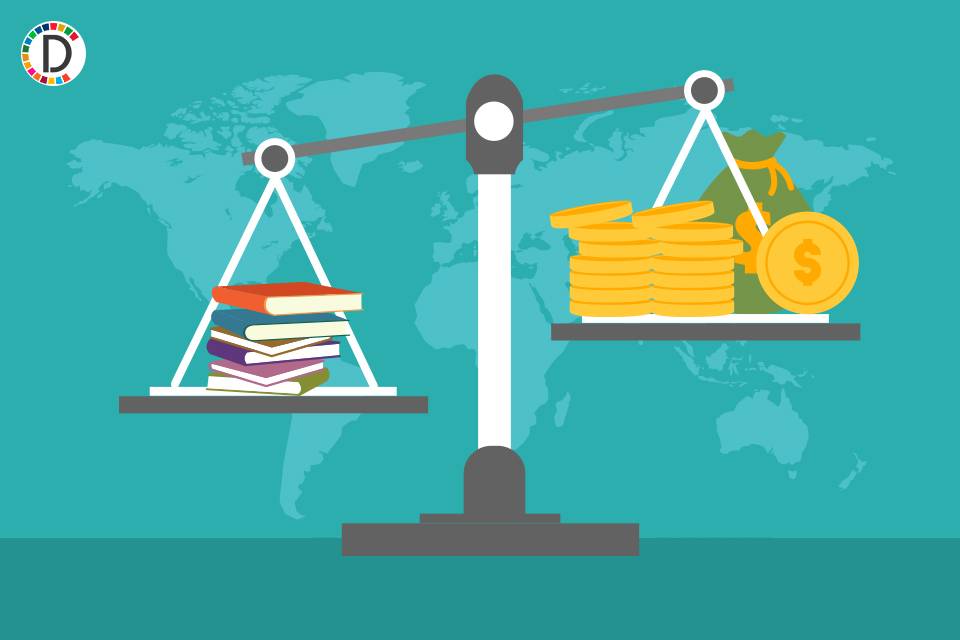India-UK trade pact patent provisions may impact access to affordable medicines: Experts

- Country:
- India
The UK-India Free Trade Agreement has debilitating provisions on patents that tilt the balance in favour of patent rights holders and could undermine access to affordable medicines for Indian citizens, experts claimed on Friday.
They said that there is a progressive movement towards accepting the demands of developed countries, which systematically remove the public interest safeguards available in the Indian Patents Act.
A provision of the India-UK comprehensive economic and trade agreement (CETA) talks about TRIPS (trade-related aspects of intellectual property rights) and public health measures, they said, adding it clearly places the voluntary mechanism such as a voluntary licence as the preferred and optimal route to promote access to medicines.
"This explicit preference on voluntary licences leaves the access to medicines in the hands of market forces and undermines the role of the government in facilitating the availability of affordable medicines for the people," International trade expert Biswajit Dhar said.
Further, it also gives a clear signal to the potential compulsory license applicant that "you are not welcome," he said.
Sharing similar views, Jyotsna Singh, Co-convenor of the Working group on Access to Medicines and Treatments, said, such provisions effectively compromise the ability of potential compulsory license applicants to prove unmet demands, which constitute a ground for compulsory licence.
"It clearly halts the balance heavily in favour of the pharmaceutical transnational corporations. Now the pharmaceutical corporations can easily get away by hiding the denial of access to medicines due to high prices of medicines," Singh said.
K M Gopakumar, Co-convenor of Working Group on Access to Medicines and Treatment, said that harmonisation of granting patents with other countries effectively means that the patents that are granted in other countries will also be granted in India.
" It will lead to a situation wherein India will do less scrutiny than it does right now. Currently, India has provisions which don't allow evergreening, i.e. granting patents on a little tweak of the existing medicine," he said.
India has accepted language in the intellectual property chapter of the free trade agreement with the UK that subtly curtails its ability to issue compulsory licences, a critical tool for accessing life-saving technologies during emergencies, think tank GTRI said on Thursday.
It also said that India has agreed to "adequate remuneration" norms for compulsory licensing for the pharma sector in the agreement with the UK, thus risking delays in future access to affordable medicines and green tech.
(This story has not been edited by Devdiscourse staff and is auto-generated from a syndicated feed.)
ALSO READ
BJP MLA T Raja Singh’s Resignation After Leadership Rift
Supreme Court Refuses to Extend Bail for Former MLA Dharam Singh Chhoker
Salman Khan and Chitrangda Singh Unite for 'Battle of Galwan'
Tributes to a Political Stalwart: Kunwar Anand Singh Remembered
Raja Singh's Unwavering Commitment to Hindutva Amid Political Upheaval










